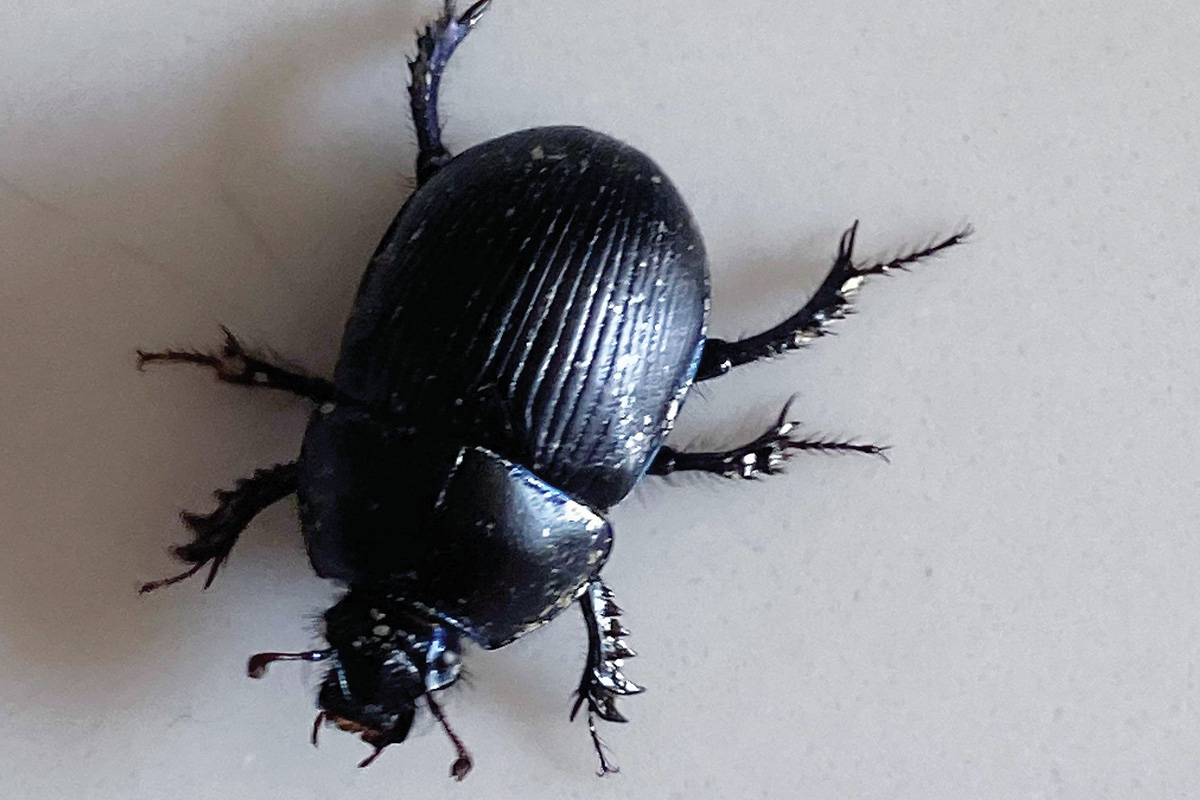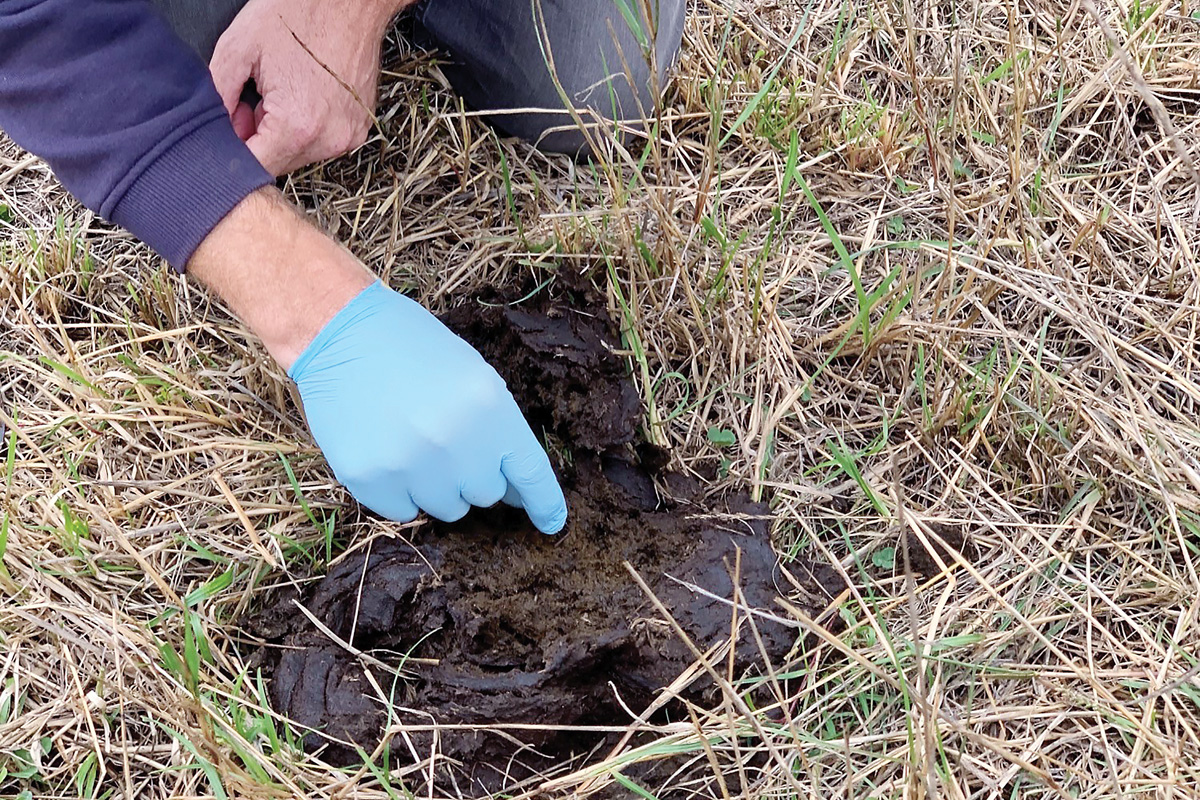DUNG beetles have busy lives surrounded by, and dependent on, animal poo.
After rolling the poo into balls they bury them, feed from them and lay eggs in them.
Although their primary occupation does not sound attractive dung beetles play a significant role in agriculture and the ecosystem and are in high demand for farmers.
During National Science Week (13-21 August) Melbourne Water revealed details of a project to breed more dung beetles.
Regional agriculture facilitator Karen Thomas, Melbourne Water’s dung beetle expert, has set up a dung beetle nursery network to speed up the distribution of new species and fill gaps in the distribution of established species.
Thomas said the project was “getting to the exciting part”, with monitoring being undertaken from spring into 2023.
Sixteen nurseries – or maternity wards – have been set up on Landcare and farming properties on the Mornington Peninsula and French Island.

“The purpose is to see how the dung beetles thrive in different environments and to boost numbers where breeding is highly successful,” Thomas said.
“Through the power of citizen science, volunteers will use the BioCollect app to report back with photos and observations from the nurseries. Together we will generate knowledge that will help farmers understand which species is most suited to their location.”
Dung beetles are seen useful “ecosystem engineers” as they bury livestock dung instead of it being left in paddocks, reducing the number of parasite eggs and pasture fouling. The buried dung becomes a fertiliser supporting pasture growth and soil health and can prevent nutrients from the dung polluting waterways.
Thomas said the project’s success will be gauged by the number of dung beetles reared and released from the nurseries.
“We put around 100 beetles in most of the nurseries and a four-fold increase would be fantastic,” she said.
“The beetles will be shared with local landholders and to set up future breeding colonies. It is a win-win for everyone.”




